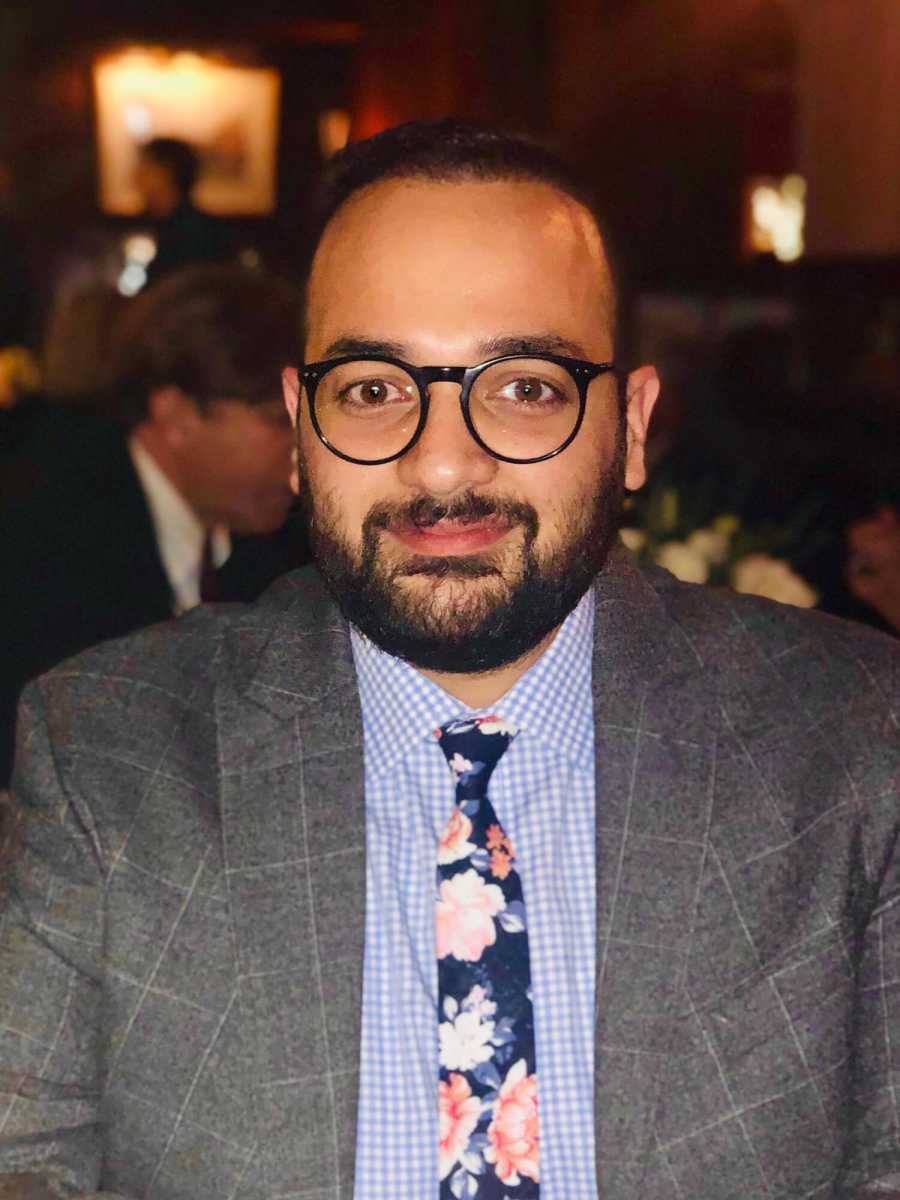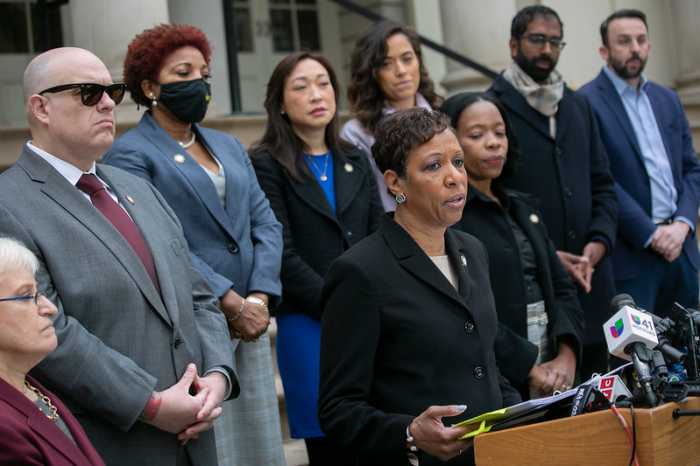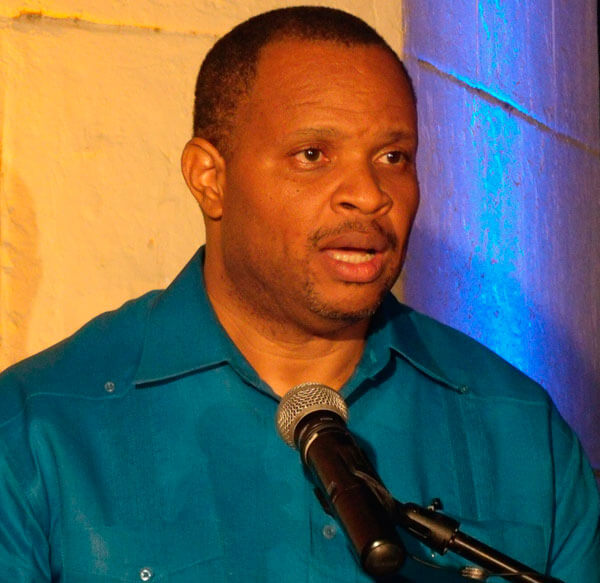Mayor Eric Adams often talks about the diversity of New York City as one of its innate strengths, praising the resiliency of the immigrant community. But when the cameras turn to the national stage, the words come out differently.
“There is no more room in New York,” Mayor Adams said recently during a press visit to El Paso, Texas, discouraging new arrivals who see our city as a beacon of hope. When Mayor Adams returned to City Hall and was confronted by reporters with his exclusionary words, his message changed again.
“We’re still finding space,” he said. “That is our obligation, and that is what’s morally right.”
In his recent State of the City, any mention of the needs of asylum seekers and immigrants, for that matter, were largely absent in the Mayor’s hour-long speech. Similarly, our communities were largely excluded from the priorities laid out in his preliminary budget. And if a budget is a moral document, as the Rev. Dr. Martin Luther King, Jr. said, then Mayor Adams is precariously close to ceding New York City’s moral foundation.
The latest Adams administration budget delivers the bare minimum to low-income families and does little to ensure our newest arrivals are able to fully integrate and thrive in our communities, despite the Independent Budget Office reporting a possible surplus of $2B at the end of the current fiscal year. The naked attempt to link the Mayor’s austerity proposals to the influx of vulnerable immigrants plays into the scapegoating and fear-mongering that regressive conservatism constantly exploits.
Our city can never truly be a standard of progress for the country if the Mayor himself is unable to fully embrace our newest arrivals — not out of legal obligation or political benefit but true commitment to serving the larger public good. And that commitment must bear out in how we prioritize items in the budget.
New York’s future is critically jeopardized if we cannot ensure that all children have access to a quality education. The Mayor’s education austerity budget, in addition to the devastating $469 million in cuts from the current fiscal year, was based on unwarranted claims of a significantly shrinking student population, despite enrollment declines being drastically lower than projected. Most of the new students welcomed since April 2022 have been recent arrivals, and these students deserve meaningful support during this transition. On top of restoring the cuts from this fiscal year, let’s begin by investing in the comprehensive services needed at the new English Language Learner Transfer School Programs — connecting the migrant community with bilingual social workers, robust training for school-based staff, and community-based wraparound support for teenage newcomers, many of whom have endured unimaginable trauma during their journeys to New York.
Likewise, New York City should hire the full complement of commensurately paid social workers needed in our public school system to support the needs of every student, and give them a fighting chance to fully recover from the hardships of the last two years.
But investments in education must span all ages, from adult literacy programs to Pre-K and 3K programs that have proven to be transformative in the long-term success and growth of our youngest New Yorkers. Instead of halting the expansion of New York City’s free pre-kindergarten program for three-year-olds next year, we should increase support for programs like the successful Linking Immigrant Families to Early Childhood Education Project, which helps parents and guardians of young children navigate the City’s overly complicated enrollment process. This way Mayor Adams can ensure underserved immigrant families have a real opportunity to enroll in these vital programs that create the foundation for equity and fairness every New Yorker deserves.
We should also be meeting the current moment in supporting our newest arrivals as they pursue their asylum cases and traverse our complex immigration system by fully investing in immigration legal services through the New York Immigrant Family Unity Project (NYIFUP). And while many of these new arrivals will interface with the government and courts as they resolve their legal cases, we should not be adding unnecessary police interactions. The budget should be used to invest in programs that prevent the need for policing — such as education, economic development, and affordable housing — instead of expanding it, especially given its historical precedent of disproportionately targeting BIPOC and immigrant communities.
Budgets are complicated, and fears of a national recession are understandable — in fact, immigrant communities share the same concerns about rising costs and tightening resources and often, along with BIPOC communities, feel the adverse effects of economic downturn first and worst. However, what’s not understandable is City Hall blaming its skewed budget priorities on immigrants seeking safety and opportunity in New York.
It doesn’t matter if a New Yorker has been here for 50 years or 50 days — we have an obligation to invest in the diverse communities that make our city better instead of succumbing to our worst fears. Mayor Adams’ preliminary budget may forewarn a moral failure, but we still have time to make it right.
Murad Awawdeh is executive director of the New York Immigration Coalition.


























